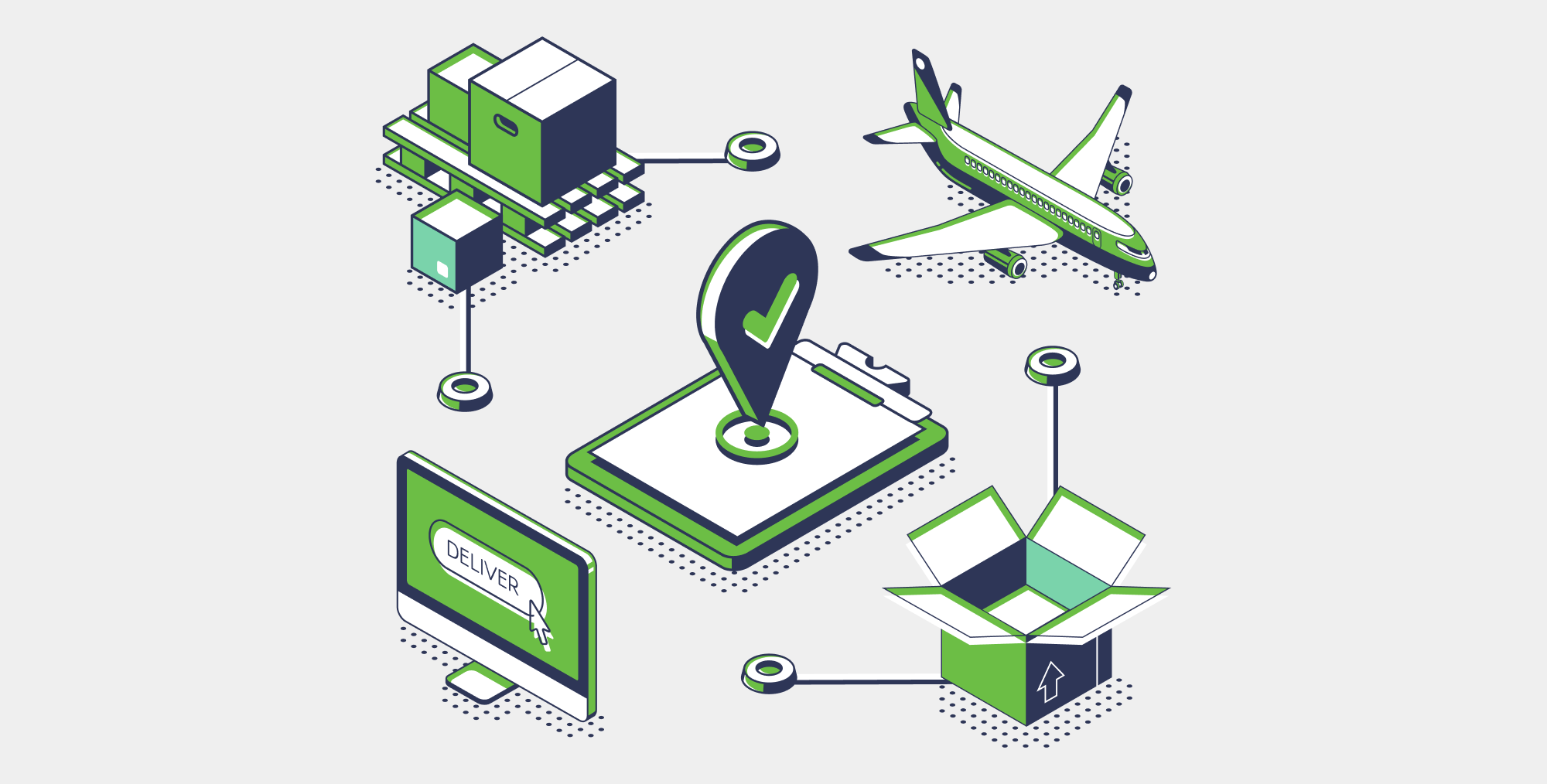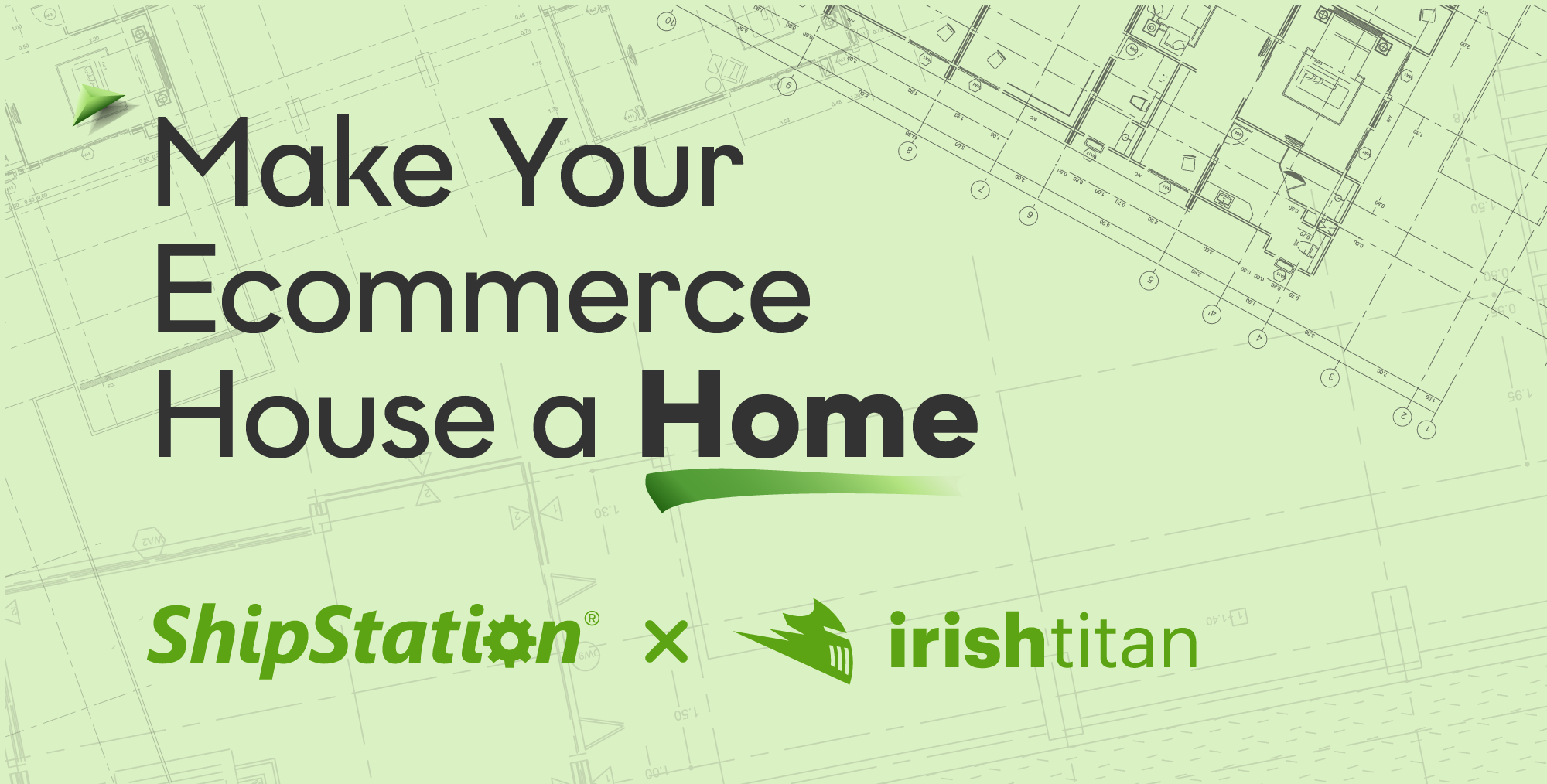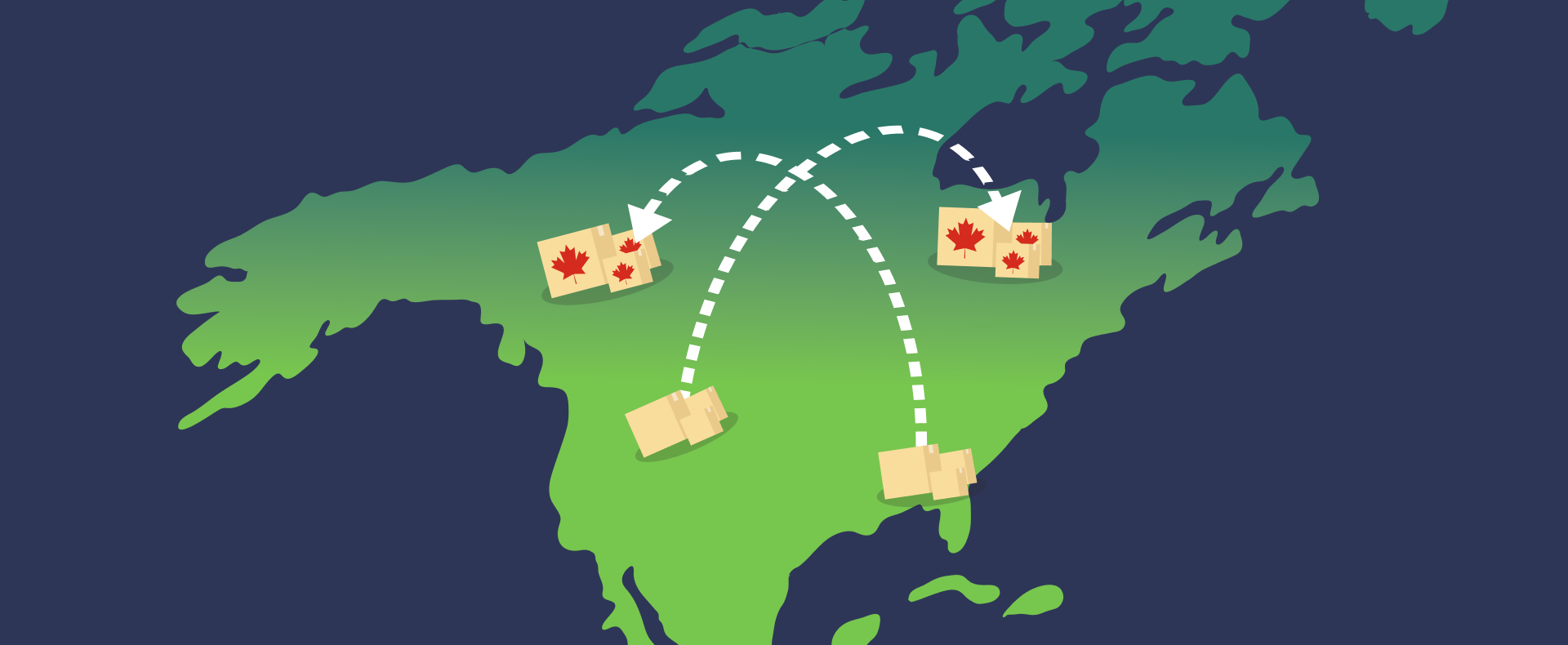Expanding Into International Markets Part 1: Deciding Factors & Choosing the Right Channels
The global ecommerce market is expected to total $4.89 trillion in 2021. And according to Forrester, cross-border transactions will outperform domestic transactions by 17% between 2017 and 2022. So there’s never been a better time to expand into new international markets.
But a profitable expansion requires a detailed and dynamic plan that considers technology, business processes, and international tax rules to meet consumer expectations.
In this four-part blog series, we highlight what was covered in a recent webinar – which you can now access on-demand – brought to you by experts from Lengow, Avalara, and of course, us here at ShipStation.
Together, our three platforms can help you succeed in product feed management, cross-border duties and taxes, and shipping when expanding internationally.
Across this series, we explore the steps towards going global in new markets and essential business practices to consider. First up is deciding what channels to use for international expansion.
Deciding factors: What do you need to think about before choosing international markets to expand into?
Before creating a strategy or plan, it is vital to select the right market(s) for international expansion. You’ll want to optimise your resources and target a few select markets with the highest growth potential. It’s important to do your research and talk to the right people.
Here are some key deciding questions to ask yourself before launching in a new international market:
- Do you have existing international customers? Where are they based?
- Is there a demand for your products in the market? Is there a good fit?
- Who are the local competitors? Are there many?
Channels: Which marketing and sales channels are right for your business?
💬 “Research the local market as much as you can. You can’t get all of this from Google. It’s really important to get out there and speak to those customers. Find out where people buy and how they buy. Is there a gap in the market? Or is the cost of shipping maybe too high to import a product internationally?” — Mike Hayers, UK Country Manager at ShipStation |
Once you have decided which market(s) you are going to expand into, it’s time to think about marketing and sales channels. What communication and acquisition channels can you use to quickly gain customers? Where are customers shopping?
In terms of social acquisition channels to compliment an omnichannel strategy and drive people to your website, channels like Facebook and Instragam are important. But these don’t translate well for every market. Consumers in China, for example, are more likely to use WeChat and Baidu.
Key question: What channels are being used in the local market and what are the age brackets you are looking to market to?
In terms of marketplaces, consumers are more likely to purchase your products on trusted sites. Global marketplaces like Amazon and eBay allow retailers to reach millions of potential clients with ease, convenience and fast delivery.
So a good strategy is to start with major global marketplaces. However, when launching into a new market, retailers shouldn’t overlook local players, and should test different products in several places. Do your research and talk with local consumers to see where your product might fit. Niche and local platforms are dominant in several national markets, such as:
- ASOS in the UK
- Zalando in Germany
- Maison du Monde, Cdiscount, FNAC, and La Redoute in France
- Allegro in Poland
- eMAG in Eastern European countries like Romania, Hungary and Bulgaria
- Dott in Portugal
These marketplaces play a particularly important role alongside global leaders and should not be overlooked. There is so much choice, and the more places you can put your product, the more opportunity you have to sell. Diversify to power your sales.
How Lengow can help with choosing and connecting you to the right marketplaces and channels, as well as automating processes
ShipStation partner Lengow is a product feed management solution and marketplace integrator. The company helps ecommerce businesses expand internationally by simplifying processes and connecting them to the best worldwide marketplaces for their products.
Its offering allows you to standardise and manage your inventory across all channels from a single platform, and provides a quick and easy way to optimise your product feed and adapt your catalogue for different countries.
Find marketplaces. Use Lengow’s Marketplace Finder to filter by sector and industry to see which marketplaces are in that country. It’s designed to help you get informed and inspired, so you can go to a marketplace website and confirm it’s right for your brand.
Connect to marketplaces. Lengow helps companies connect to all of these marketplaces and it becomes easy to start selling.
Make use of automation. Lengow’s automations let you say goodbye to radius tasks such as updating product information and inventory manually across channels. Ecommerce workflows make it easy to automate ecommerce tasks across the tools you use daily.
Translate text. Get ahead with international strategy by translating text in a better way than Google translate.
The platform helps make international product feed management easy through allowing you to:
- Share product and order information between systems
- Adjust your prices according to competition
- Prepare your catalogue for international expansion
- Sell in new markets in new languages
Contact Lengow to see how it can help with your international expansion.
Watch the webinar on-demand, and stay tuned for our next blog on key things to consider in new local markets
Want to find out more about business practices to consider when expanding internationally? Access the free, on-demand webinar for a more detailed look.
Stay tuned for the next blog in this series, which goes through the key things to consider when you are ready to expand into a new local market.






